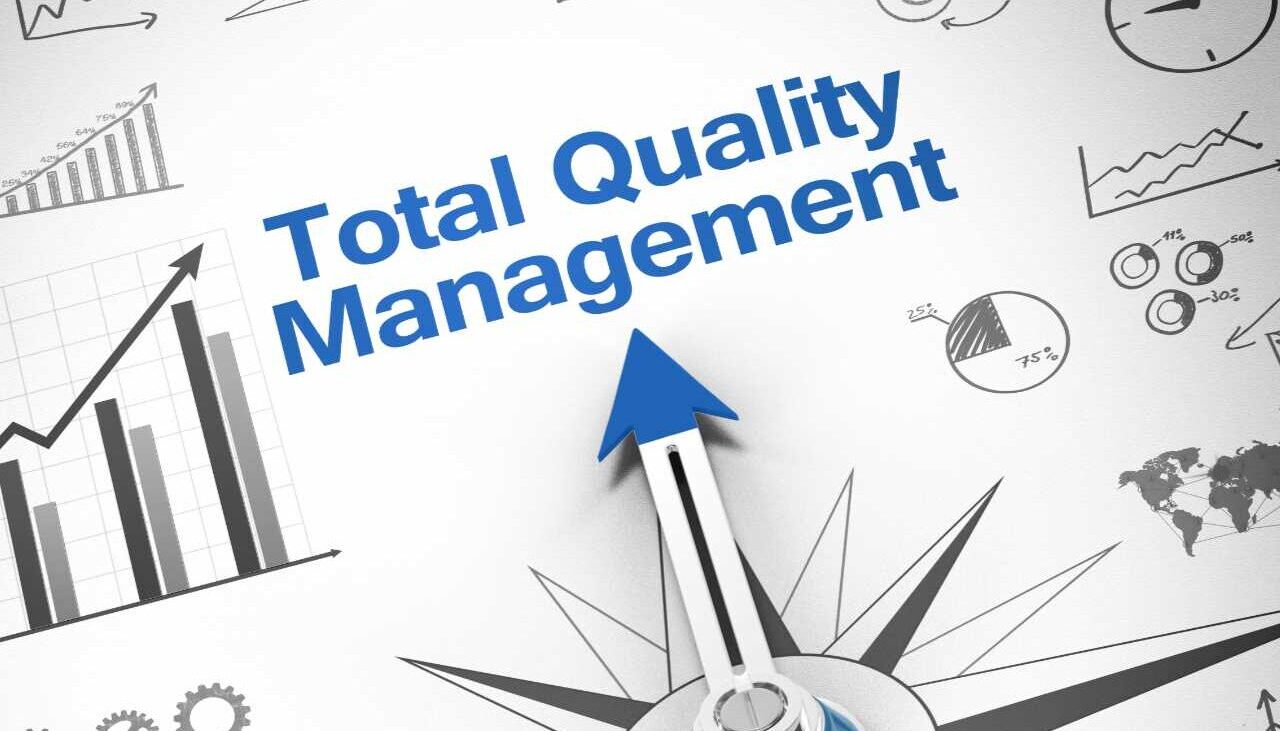Not having an effective employee wellbeing strategy in place can cause issues for businesses. From unsafe workplace practices to excessive workloads, employee mental and physical health can deteriorate under poor workplace conditions, creating a toxic organisational culture.
Implementing workplace wellbeing schemes can help improve employees’ mental and physical health by encouraging healthier behaviour and habits, such as exercising, eating more nutritious food, and paying attention to their mental health.
CIPD reported an uptake in organisations having formal employee wellbeing strategies, with 50% introducing one in 2021 – up from 44% in 2020.
Besides improving your employees’ mental and physical health, workplace wellbeing schemes have a range of benefits for an organisation, including an appealing incentive for attracting new hires and creating a more positive, healthy work environment.
Mental health and wellbeing support for employees forms a central plank in an organisation’s legal requirements for ensuring the safety, health and welfare of staff.
Find out more about ISO 45001 Occupational Health and Safety certification.
Occupational Health and Safety Management – creating an employee wellbeing strategy
Poor Occupational Health and Safety Management can negatively impact your business.
Increased absence, lack of motivation and productivity, presenteeism, high staff turnover, and a reduced work standard can potentially hinder your organisation’s growth and operations.
In 2019, 9,335 non-fatal injuries were reported to the Health and Safety Authority (HSA). Manual handling was again the leading cause of work-related non-fatal injuries in 2019, accounting for 29% of all accidents.
The mental health of employees is becoming a key concern. Recent research has found that 70% of employers in Ireland identified work-life balance as the top wellbeing risk currently facing their employees, with 66% identifying mental health as a concern, 45% the current working environment and 39% employee burnout.
Under the Safety, Health, and Welfare at Work Act 2005, employers have a legal duty for the safety and wellbeing of their employees, both physically and mentally. A robust Occupational Health and Safety Management system supports legal obligations and can be the key to your organisation’s continued growth and success.

The benefits of an employee wellbeing strategy
Reduced absenteeism
A wellbeing strategy can help reduce employee absence, with fewer work days lost to physical or mental ill-health. A key part of a wellbeing scheme is occupational health and safety training, so staff know how to carry out their daily tasks safely.
Wellbeing schemes that include the promotion of healthy lifestyles, coupled with access to healthy drinks and snacks and ergonomic workspaces, can also help reduce sickness due to work-related ill-health.
Better recruitment opportunities
Mentioning wellbeing benefits in job adverts can be a way to attract the best talent. Wellbeing policies and support programmes show that an organisation invests in its employees’ mental and physical health.
Improved productivity and engagement
By introducing employee wellbeing schemes, your organisation can demonstrate to employees that they are valued and that you are committed to meeting their needs. Recent research found that companies that improve employee wellbeing by 4% see a 1% increase in company profit and a 1% decrease in employee turnover.
Employees are more likely to engage with their work if they are in better mental and physical shape, especially if the work is for those helping them achieve that.
Lower employee turnover
By improving employee wellbeing in your organisation, you are improving your employees’ productivity and engagement levels and your staff retention levels. When employees feel valued, and their health is looked after, they may be less likely to want to leave.
Having long-term employees in your organisation is a benefit – they can provide valuable insight and training for newer employees and improve your industry and brand reputation.

How to improve employee wellbeing
Improving your organisation’s culture of wellbeing is not an overnight process. It requires planning, input from all employees, and regular reviews to understand what is and isn’t working.
Ways to improve employee wellbeing can include:
- Having clear policies around employee health and safety.
- Ensuring staff have the necessary health and safety training required to complete their tasks.
- Implement an ISO 45001 Occupational Health and Safety management system.
- Encourage physical health initiatives such as Cycle to Work and walking meetings.
- Offer discounted wellbeing services, such as gym memberships and online therapy.
- Ask employees for feedback on your organisation’s wellbeing culture.
- Encourage employee suggestions to shape working policies.
ISO 45001 – Occupational Health and Safety Management Systems
ISO 45001 is the international standard for organisations regarding Occupational Health and Safety Management. It demonstrates an organisation’s commitment to improving its health and safety policies. It provides a systemic approach toward reducing risks and ensuring an organisation is in line with health and safety legislation, thereby protecting employees in the workplace.
The benefits of implementing an ISO 45001-certified Occupational Health and Safety Management system are numerous, including reduced insurance premium costs, better industry standing with an internationally-recognised certification, lower employee turnover and absenteeism, and less disruption to operations.









